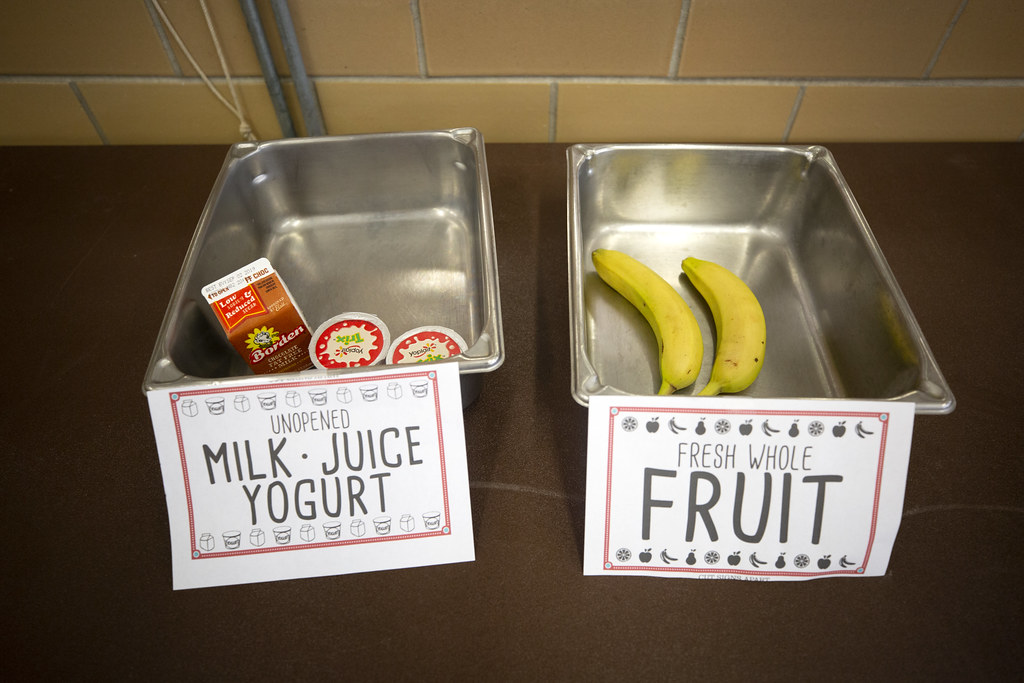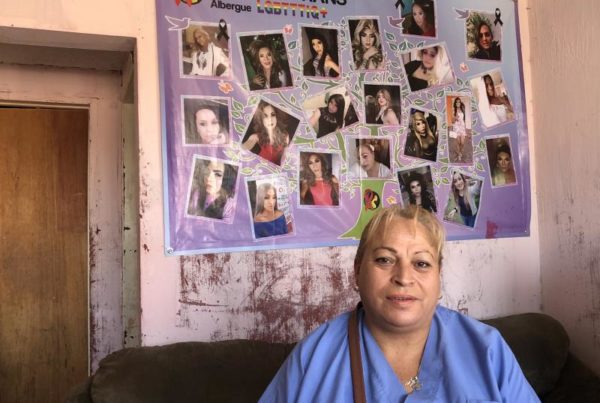About 3 million kids receive free or reduced-price lunches in Texas each school year. But school lunches stop during the summer, putting the health of many kids at risk. Now, one researcher is trying to change that through a meal-delivery program.
Kathy Krey is a professor and director of research and administration for Baylor University’s Texas Hunger Initiative. She says there are food services for kids during summer, but they can be hard for those living in rural areas to access.
“Transportation is a big barrier,” Krey says. “In a state as vast as ours, with rural areas, it can often be cost- and time-prohibitive to travel in from outside of town to try to get to a meal site in those summer months.”
The solution, Krey says, is to package food and mail it directly to kids and their families. They send shelf-stable items like cereal and rice and beans, but also fruits, vegetables and milk that can be easily packaged and shipped.
“We’ve got a lot of innovative products and solutions that are on the market now that really make it possible to get healthy, nutritious foods even in the mail,” she says.
Krey says the food is affordable because of the number of families that participate in the service. The more people involved, the better prices her program gets. And “scaling” is something she and her team are looking at more generally to learn how such a program could be more widely implemented. She’s currently partnering with the U.S. Department of Agriculture, or USDA.
“You can purchase a lot of these products in bulk and get economies of scale in ways that individual, local meal providers can’t necessarily get,” Krey says. “That really helps … makes the program viable.”
Combatting child hunger is important, Krey says, because it can affect other things in kids’ lives. She says she’s looking specifically at the effect of hunger on behavior, health and educational performance.
“We know that all of those are so important if kids are going be able to get the education they need, to then get the jobs they need, to then really contribute and be great functioning members of society,” Krey says.
Written by Caroline Covington.













